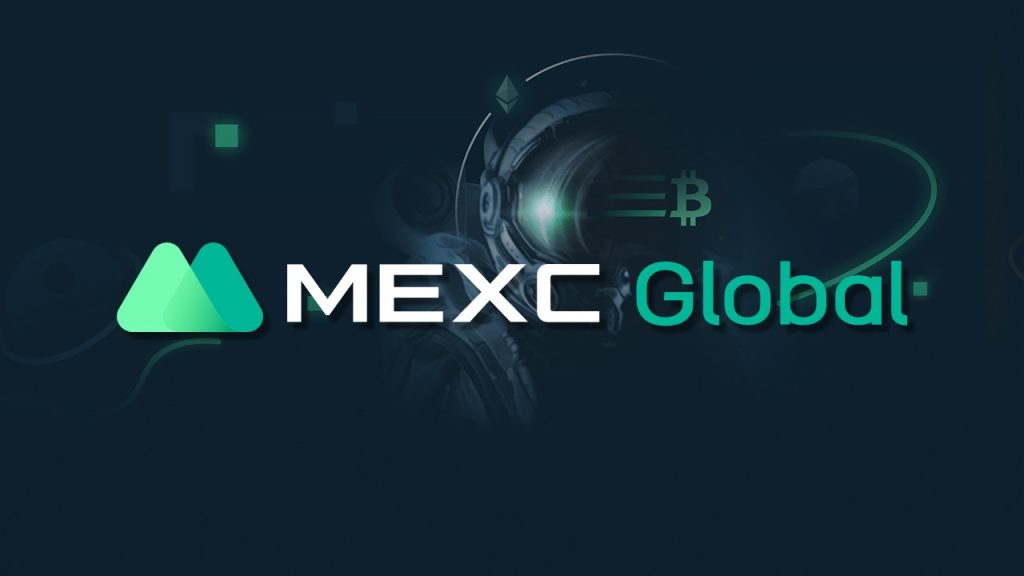Innovative Validator Technology
SSV Network, an Ethereum staking infrastructure provider, has marked a groundbreaking moment by releasing its permissionless mainnet. Leveraging “distributed validator technology” (DVT), SSV Network pioneers a model where Ethereum validators share responsibilities among multiple entities, enhancing resilience by eliminating single points of failure.
Permissionless Launch: A Decentralization Milestone
The permissionless launch of SSV Network’s mainnet signifies a major stride in Ethereum’s evolution. This approach allows anyone to stake and contribute to Ethereum’s health, addressing centralization concerns present in the current staking landscape.
Addressing Ethereum’s Centralization Concerns
The Ethereum community has long grappled with centralization concerns in staking, where a few major providers wield significant control. Lido and Coinbase alone command 46% of Ethereum staking market share, prompting Ethereum co-founder Vitalik Buterin to emphasize the importance of distributed validators.
Collaboration for Decentralization
In a bid to enhance decentralization, SSV Network is collaborating with Lido, a major player in Ethereum staking. Discussions are ongoing, aiming to launch the collaboration in the first quarter of the coming year. SSV Network is open to discussions with various stakeholders, including Coinbase, Binance, and Kraken.
Boosting Adoption with Token Rewards
SSV DAO is driving the adoption of its DVT network through a strategic token rewards program. With 1 million SSV tokens allocated (equivalent to approximately $24 million), the DAO incentivizes users to register validators on the network. This approach not only promotes staking directly on SSV Network but also encourages integration with other staking services.
Three Years of Development Leading to Launch
The journey to the permissionless mainnet launch has spanned three years of dedicated development. Since the partner mainnet’s launch in September, SSV Network has seen nearly $160 million worth of ether staked through its platform. Other projects, such as Obol and Diva, are also adopting the DVT approach to Ethereum staking, marking a trend in the industry.











